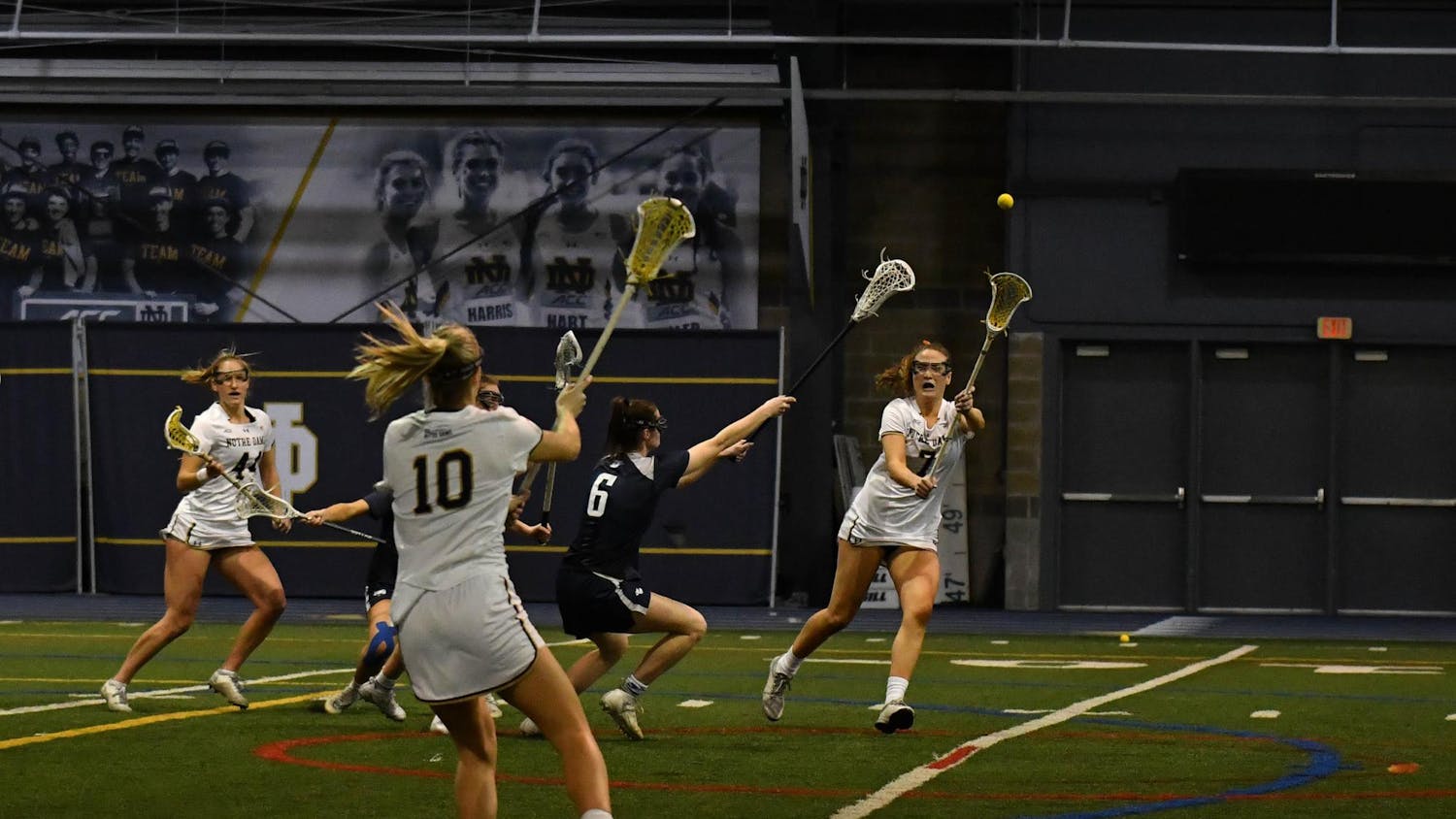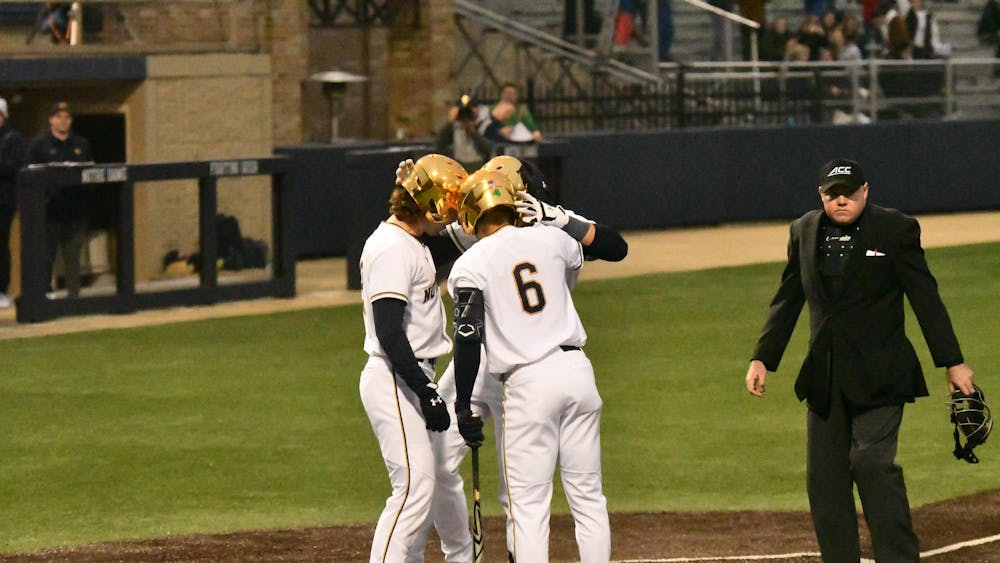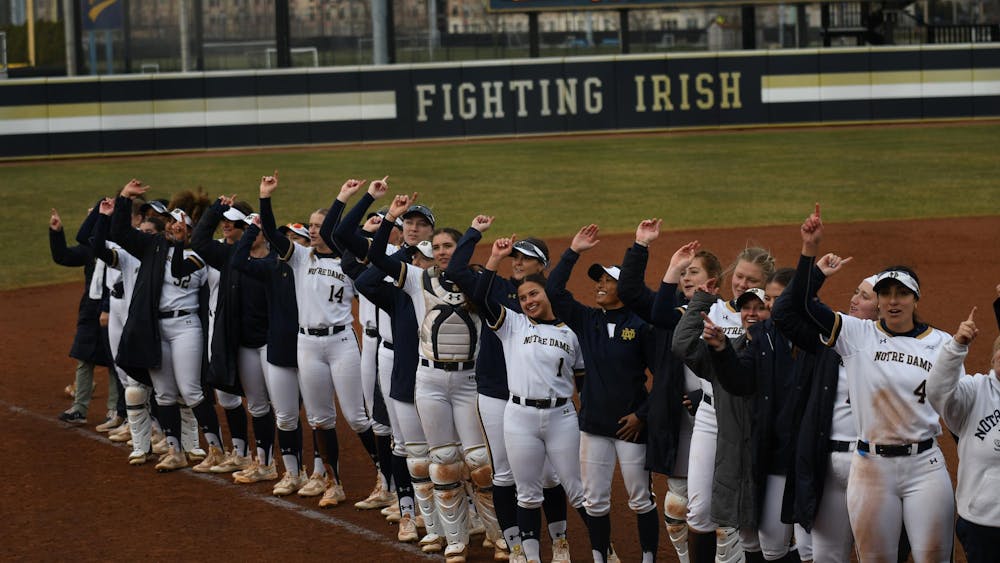"But life goes on," he said.
Twenty years ago yesterday, Lakers star guard Earvin "Magic" Johnson held one of the most shocking press conferences in sports history, announcing his retirement while revealing he was infected with HIV, a socially-shunned illness at the time.

The comforting, illuminating smile that Magic had displayed for the entire previous decade had vanished, replaced by a blank stare into the horde of confused reporters. His athletic prowess had been marginalized, a footnote to his life on November 7, 1991.
The three-time Most Valuable Player that had just posted averages of 19.4 points per game and 12.5 assists per game in the year before was now an HIV patient. He was not a superhero anymore. He wasn't even a basketball player anymore. He was a dead man walking now.
For people in Los Angeles that day, it was an I-remember-exactly-where-I-was-and-what-I-was-doing moment.
My dad was in Anaheim that day on a business trip, setting up a table at a convention. He was surprised. The mood around the center was stunned.
I was not even alive yet. But even I know where my dad was. It was just one of those moments.
Many people — shocked, still — were afraid of Magic now. They were scared to touch him, to be associated with him, to do anything with him. But help came from one of the most unlikely sources: bitter rival and Celtics forward Larry Bird.

The duo had, in their words, hated each other. They were the same player on the court — creative, hard-working and popular — but off the court, they were vastly different. Johnson was the fun-loving college kid from Michigan while Bird was the stoic, private Hick from French Lick.
They battled in the NCAA championship as Spartans and Sycamores. They battled in the NBA as Lakers and Celtics. They even battled on camera while pitching different Converse shoes (not surprisingly, Johnson's were a flashy white pair while Bird' were a plain black set).
But the pair that had combined for eight NBA championships in nine years suddenly became closer. They started to become friends instead of being rivals. Their mutual respect for each other had blossomed into a relationship. That had to have been just as shocking as Magic's initial announcement was.
To have your greatest rival, your bitter foe, come support you in a time of need was utterly incredible. Magic was just that lovable.
Magic was so lovable that he has changed the entire culture surrounding HIV. What was largely thought of as a "gay disease" was now mainstream. People thought to themselves, "If it happened to Magic, it can happen to anyone."
Yes, people were scared. But now, they were more aware, more informed, more careful, more conscious that this disease was real and not discriminatory toward certain populations.
That simple change in connotation has probably done more for awareness and research for the disease than the multitude of dollars that he has raised for the cause.
Johnson has found a successful gig on television as a talking head on TNT during the NBA season and has continuously and tirelessly worked as an advocate for AIDS awareness. He has raised millions of dollars for AIDS research while also changing the social connotation of HIV.
And so, life has gone on. With plenty of Magic.
Contact Matthew DeFranks at mdefrank@nd.edu.
The views expressed in the Sports Authority column are those of the author and not necessarily those of The Observer.












